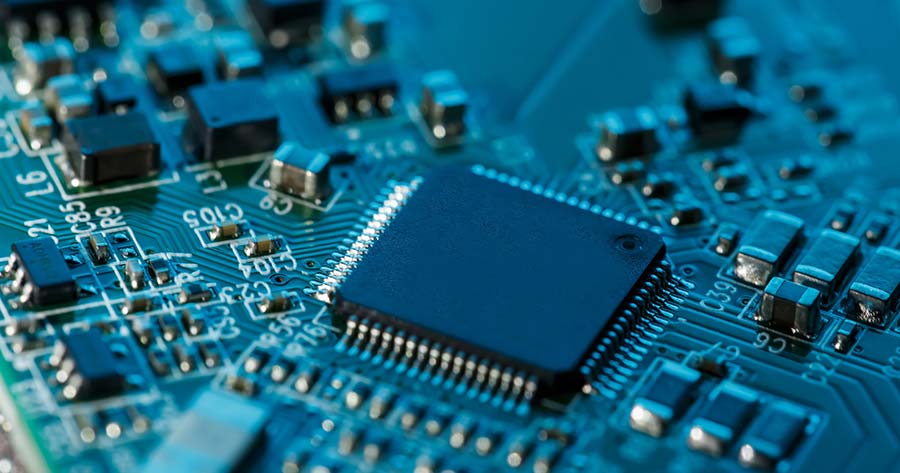The U.S. will close its public comment on May 7 regarding an investigation into whether the heavy dependence on foreign products, such as semiconductors, is a national security threat. Afterward, the government will then decide whether to impose tariffs on such imports, according to the Federal Register.
The products within the semiconductor industry are currently being exempt from President Donald Trump’s series of tariffs. However, if the chip tariff kicks in, these products will face levy at a specific rate, not related to reciprocal tariffs based on their country of origin.
This semiconductor tariff could greatly affect the custom integration industry as several products originating from the industry require chips as components. Moreover, many products from the electronic industry could also be affected as Trump subject them to this tariff as well.
Furthermore, it could impact the import of Taiwan’s chips that the U.S. manufacturers greatly rely on. When Joe Biden was a president, the U.S. initiated the CHIPS Act, providing about $6.72 billion to Taiwan Semiconductor to construct factories within the U.S., along with $36 billion as an incentive to other chip manufacturers. This helped address the demand, however, Trump now tried to end it.
Many fear that the tariff could create negative effects that disrupt the semiconductor’s supply chains at the same level COVID pandemic generated. They also believe that the CHIPS Act can better attract manufacturing, while estimating that the tariff would push down the semiconductor’s demand.
Associations related to the smart home industry have been trying to protect the act and remove several tariffs that affect the industry negatively.
There is a speculation that the Trump administration would display the full details of this levy plan next week. However, the manufacturer within the custom integration industry has already boosted their products’ price to prepare for possible higher costs.





